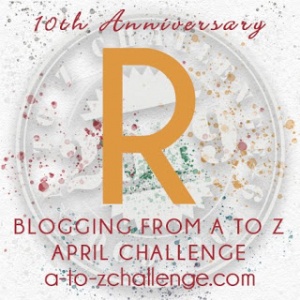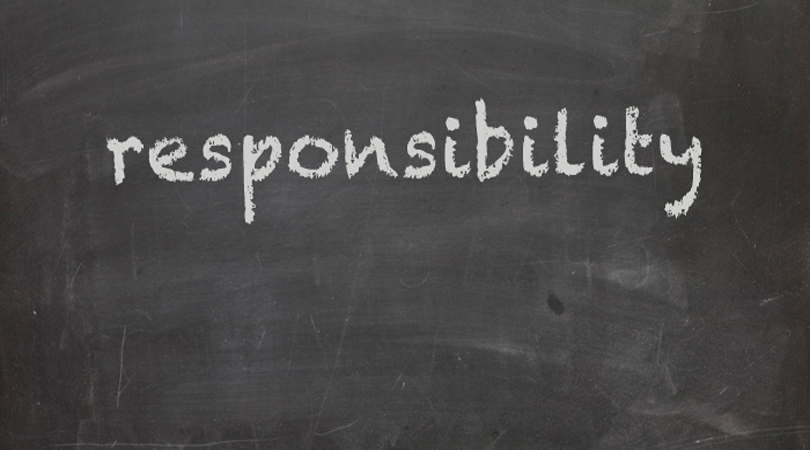
“Am I my brother’s keeper?”
or
“He ain’t heavy, he’s my brother.”
Responsibility. The word itself is heavy.
Parents worry about the pressure put on siblings to assume responsibility of their child who has Down syndrome after their passing. For some, the decision is easy and comes naturally.
“Among older siblings, 88% felt that they were better people because of their siblings with Down syndrome, and more than 90% plan to remain involved in their sibling’s lives as they become adults. The vast majority of brothers and sisters describe their relationship with their sibling with Down syndrome as positive and enriching.” – Skotko et. al., 2011
Another aspect of responsibility that must be considered is guardianship.
Two views of guardianship:
“Guardianship is a legal relationship granted by a court between two people: a guardian and a ward. The intent of guardianship is to protect the ward from exploitation in matters of finance, property ownership, services and to receive guidance for medical decisions. However, guardianship, in some states removes certain rights from an individual (i.e. the right to marry or vote); so it should be considered only after all available alternatives have been explored” – NDSC
“Guardianship is a legal proceeding that strips an individual of multiple or ALL rights. People under guardianship cannot make their own choices about: where they live; where they work; what kind of medical care they get – or whether they will get any medical care; what they eat; who they spend time with; and whether they will get married.” – ACLU
Theory: Groups that claim to advocate for all people with Down syndrome have a responsibility to educate families of all socioeconomic backgrounds regarding the truth about guardianship and the alternatives and work towards reciprocal guardianship rules nationwide.
Transferring Guardianship Across State Lines (Arc)
Whether and/or for how long an adult who has Down syndrome maintains responsibility for his/her own life is a complicated question that each family must face. There is no one-size-fits-all solution.
Theory: The problem is that for far too long the majority of the information that has been given to families has come from the school system. It is in their interest to have families seek guardianship immediately after the child turns 18.
The responsibility for sorting all of the information and deciding what is best for each adult with Down syndrome falls on the family.
“Family members have spoken and have said life is positive with Down syndrome.” – Skotko

